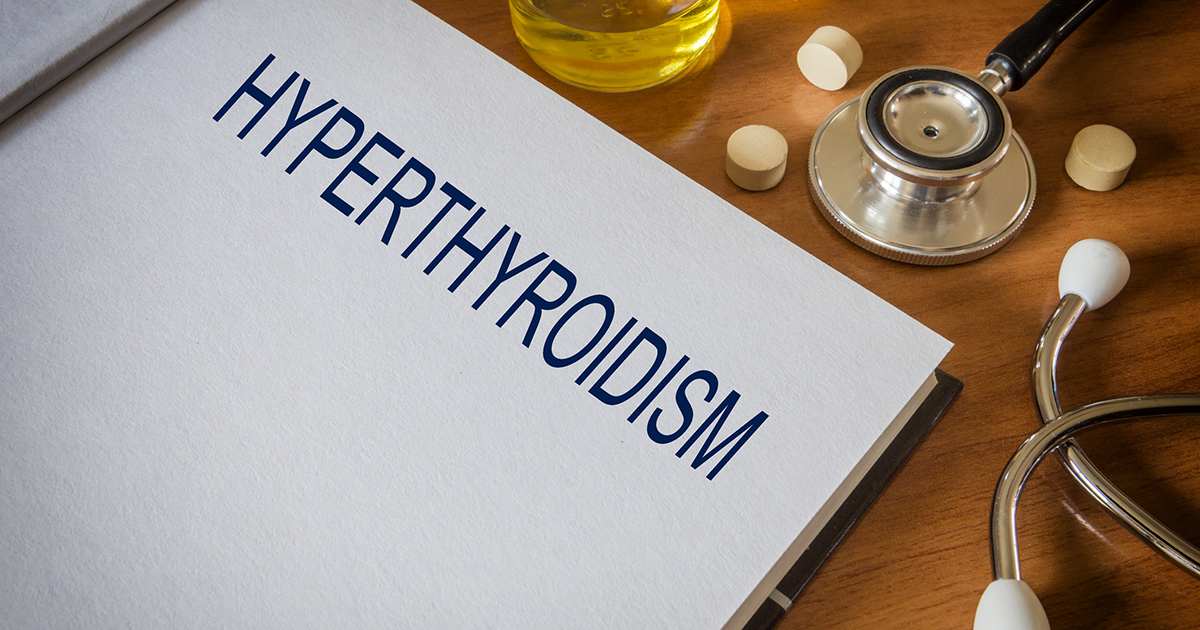Guide To The Causes, Risk Factors, And Complications Of Thyroid Nodules
Hyperthyroidism

Not only can thyroid nodules be classified as benign or cancerous, but they are also classified as toxic or non-toxic. A thyroid nodule that develops in an affected individual that produce symptoms characteristic of an overactive thyroid is said to be an adenoma or toxic thyroid nodule. Toxic thyroid nodules account for between three and five percent of all individuals affected by hyperthyroidism. Hyperthyroidism that arises due to a toxic thyroid nodule is more prevalent among women who are past their sixth decade of life, and rarely ever occurs in children. Nodule precipitated hyperthyroidism can produce problems in the cardiovascular system, including rapid heart rate, atrial fibrillation, and congestive heart failure. The types of nodules that induce hyperthyroidism can cause an affected individual to experience bone loss and osteoporosis.
Continue to read more about thyroid nodule complications now.